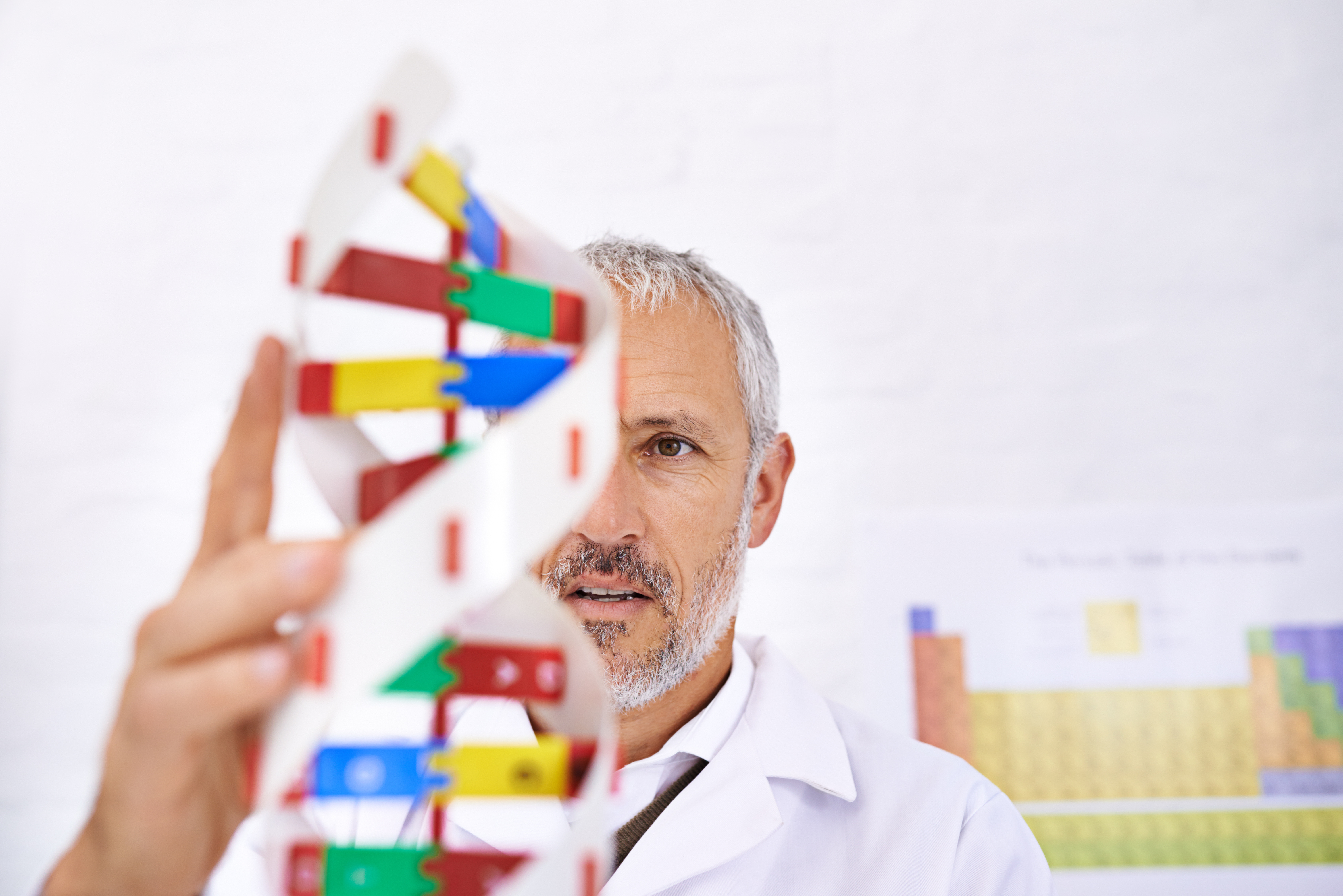Mind-Boggling Reasons Your Knees Are Yelling 'Ouch!'
9. The Role of Genetics in Knee Pain

Genetics can play a significant role in an individual's susceptibility to knee pain and joint disorders. Certain genetic factors can predispose individuals to conditions such as osteoarthritis or rheumatoid arthritis, both of which can cause significant knee pain. Understanding one's genetic predisposition can help individuals take proactive steps to manage their knee health, such as adopting a healthy lifestyle, seeking early intervention, and working with healthcare professionals to develop personalized treatment plans. By acknowledging the role of genetics, individuals can better prepare for and manage potential knee issues.
10. The Influence of Hormonal Changes

Hormonal changes, particularly those related to aging or conditions such as menopause, can impact knee health. Hormones like estrogen play a role in maintaining bone density and joint health, and fluctuations in hormone levels can lead to increased risk of joint pain and degeneration. Understanding the connection between hormonal changes and knee health can help individuals take proactive measures to support their joints, such as through diet, exercise, and medical interventions. By addressing hormonal influences, individuals can better manage knee pain and maintain joint health.
